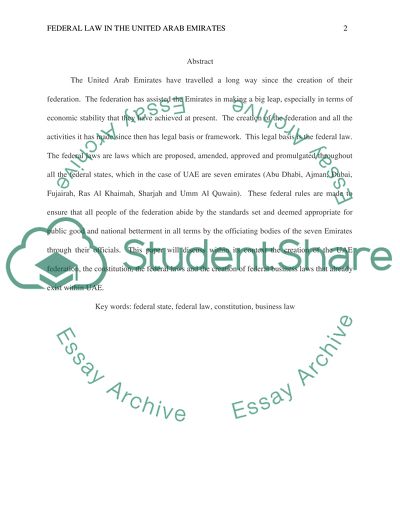Cite this document
(Federal Law in the United Arab Emirates Research Paper, n.d.)
Federal Law in the United Arab Emirates Research Paper. Retrieved from https://studentshare.org/law/1399111-introduction-to-business-law
Federal Law in the United Arab Emirates Research Paper. Retrieved from https://studentshare.org/law/1399111-introduction-to-business-law
(Federal Law in the United Arab Emirates Research Paper)
Federal Law in the United Arab Emirates Research Paper. https://studentshare.org/law/1399111-introduction-to-business-law.
Federal Law in the United Arab Emirates Research Paper. https://studentshare.org/law/1399111-introduction-to-business-law.
“Federal Law in the United Arab Emirates Research Paper”, n.d. https://studentshare.org/law/1399111-introduction-to-business-law.


